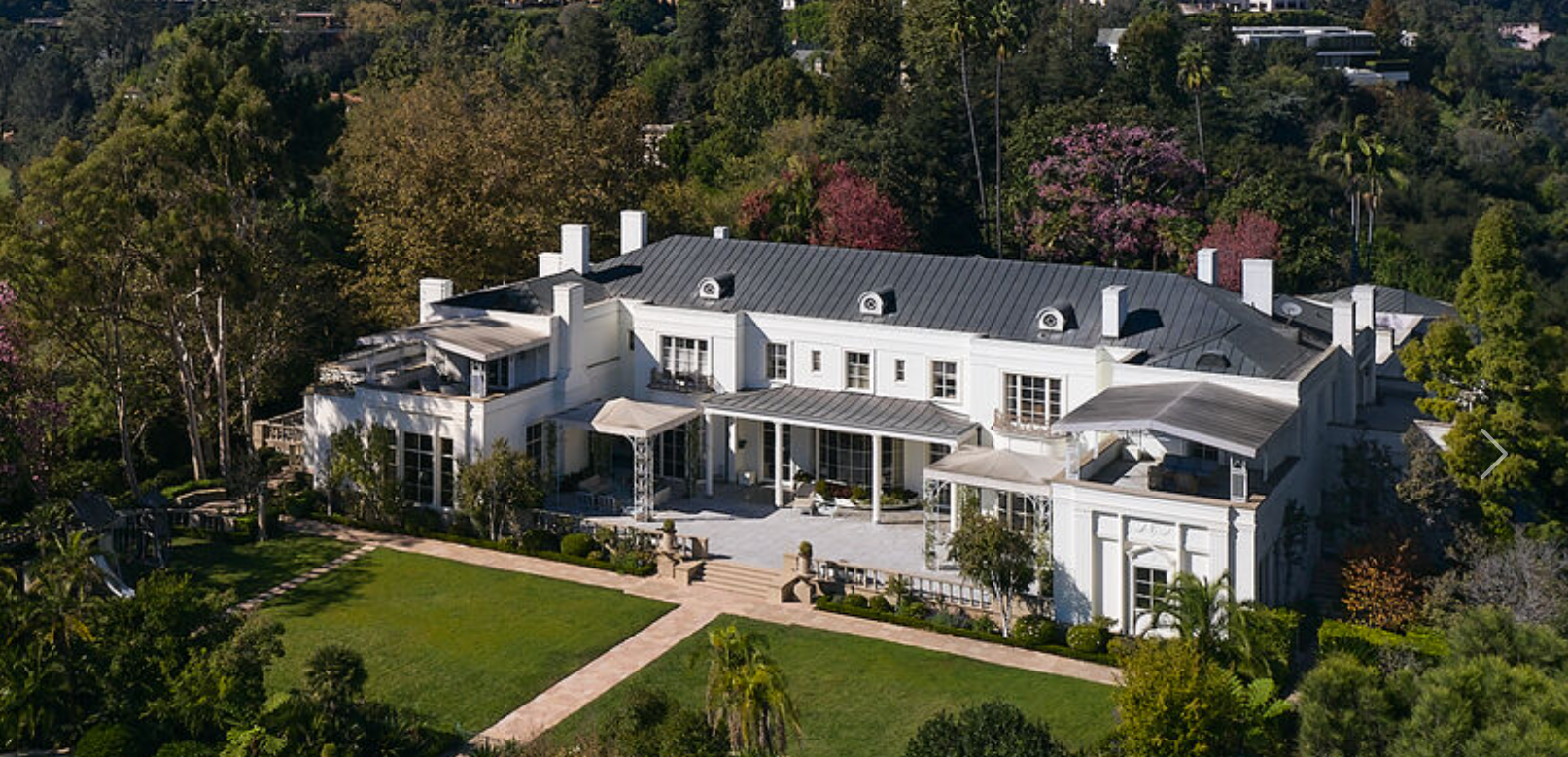The Future of Luxury Real Estate in 2025
buymeacoffee.com/kaysogy/the-future-luxury-real-estate-2025
 As the global economy evolves and lifestyles shift, the luxury real estate market in 2025 is undergoing significant transformation. High-end buyers today are more informed, tech-savvy, and sustainability-conscious than ever before. From smart home technology to sustainable real estate practices, the future of luxury property is being reshaped by innovation and changing priorities.
As the global economy evolves and lifestyles shift, the luxury real estate market in 2025 is undergoing significant transformation. High-end buyers today are more informed, tech-savvy, and sustainability-conscious than ever before. From smart home technology to sustainable real estate practices, the future of luxury property is being reshaped by innovation and changing priorities.
1. The Rise of Sustainable Luxury: In 2025, sustainability is no longer a niche concern it’s a requirement. Affluent homebuyers now expect green features such as solar panels, energy-efficient insulation, rainwater harvesting systems, and eco-friendly building materials. These features not only reduce carbon footprints but also add long-term value. Investors and developers are leaning into sustainable real estate to align with climate goals and appeal to modern buyers.
2. Smart Home Integration: Today's luxury homes are powered by technology. Integrated smart home technology from AI-powered security systems to voice-controlled climate and lighting offers enhanced convenience, safety, and energy management. Buyers are prioritizing homes with built-in automation, making real estate mobile apps and cloud-based real estate solutions essential tools in property search and management.
3. Prime Locations Are Evolving: While city centers remain attractive, luxury buyers in 2025 are increasingly drawn to tranquil yet well-connected suburban and coastal areas. Proximity to nature, clean air, and private amenities are becoming top priorities, especially in a post-pandemic world. Neighborhood guides are invaluable for investors and first-time buyers looking to discover emerging luxury hot spots.
4. A New Generation of Buyers: Millennials and Gen Z are reshaping the luxury market. These digitally native generations value personalization, tech, and social responsibility. They're more likely to leverage real estate mobile apps, rely on online property listings, and demand digital property management tools for seamless buying and ownership experiences.
5. Investment Potential and Portfolio Diversification: Luxury properties remain a solid hedge against inflation and economic uncertainty. For high-net-worth individuals, property investment strategies now focus on diversifying across international markets, resort-style communities, and branded residences. Many investors are using property valuation tools to assess opportunities with better precision and lower risk.
6. Wellness-Driven Design: In 2025, luxury living also means healthy living. Wellness-focused homes offer home gyms, spa-inspired bathrooms, air purification systems, and outdoor relaxation spaces. These features cater to the growing demand for physical and mental well-being within the comfort of one’s home.
7. Tech-Enhanced Marketing and Virtual Tours: High-definition remote property inspections, 3D virtual walkthroughs, and AI-enhanced listings are redefining how luxury homes are marketed. These technologies save time, expand reach, and create immersive experiences for potential buyers across the globe.
8. Privacy and Security as Top Priorities: Security is more than just alarms and cameras. Gated communities, biometric entry systems, and private elevators are now standard expectations. Additionally, real estate data security is a growing concern, especially when high-value transactions and personal information are involved.
9. The Role of Real Estate Automation: Agents and investors alike are using real estate automation tools to streamline workflows, manage listings, track market trends, and close deals faster. In the luxury segment, automation supports a faster and more refined service level, tailored to exclusive clientele.
10. Financing Luxury Properties: Luxury buyers are exploring innovative mortgage financing options, including cross-border loans and high-value bridge financing. Access to global financial services and blockchain-backed transactions is making luxury property purchases more flexible and efficient.
Conclusion: The future of luxury real estate in 2025 reflects a perfect blend of tech innovation, environmental consciousness, and lifestyle refinement. For investors, agents, and buyers, staying ahead means embracing the tools and trends that define modern luxury living. As the demand for smarter, greener, and healthier homes grows, so does the opportunity to build wealth through forward-thinking property investment strategies.
Comments
Post a Comment